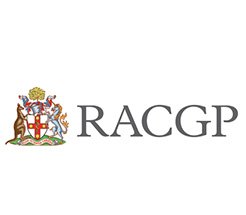Prostate Cancer Checks
As men get older, the prostate gland grows and so the prostate-specific antigen (PSA) is likely to rise. A high PSA may indicate some type of prostate disease.
The level can be raised due to inflammation of the prostate (prostatitis) and enlargement of the prostate gland (benign prostatic hyperplasia or BPH).
What is Prostate Cancer Screening
All men over the age of 50 should have a Prostate Cancer Check, once every 24 months. Prostate Cancer checks are typically simple and are conducted at the practice. The two tests are:
- Prostate specific antigen blood test, which measures your antigen levels for your age
- Digital rectal examination (DRE), where the doctor feels the prostate using his finger.
What are the Symptoms of Prostate Disease
- Lumps, sores or ulcers that don’t heal
- Unusual changes in your testicles – changes in shape, consistency or lumpiness
- Coughs or hoarseness that hangs around
- Persistent changes in toilet habits or
- Loss of bladder control (incontinence) or overactive bladder
- Frequent urinary tract infections
- Painful urination, chronic pelvic pain, or interstitial cystitis
- Urinary blockage such as prostate enlargement, stricture, or narrowing of the urinary tract
- Enlargement of the prostate
It is important, if you have unexplained symptoms, that you see one of our doctors for further investigational diagnosis for cancer and increase your survival rates.














